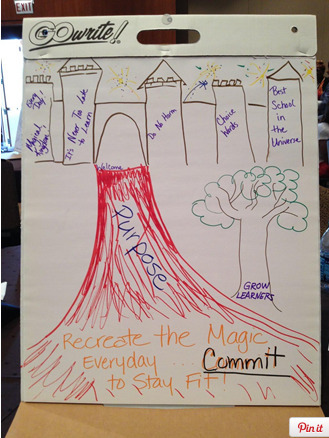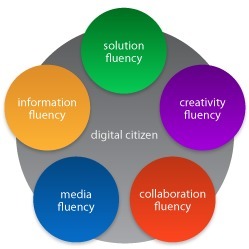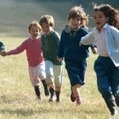Research and publish the best content.
Get Started for FREE
Sign up with Facebook Sign up with X
I don't have a Facebook or a X account
Already have an account: Login
Tech tools that assist all students to be independent learners & teachers to become better teachers
Curated by
Beth Dichter
 Your new post is loading... Your new post is loading...
 Your new post is loading... Your new post is loading...
|
|












Have you heard of FIT Teaching? FIT stands for Framework for Intentional and Targeted Teaching. This post looks at seven key points that came out of a summer institute. For more information on each of the points click through to the post.
* Recognize that wrong answers came from somewhere. Dig deeper to find out where they came from.
* Ask students what they are learning, not what they are doing.
* Separate compliance from competence.
* Automate responses to recurring events.
* Establish the purpose of a lesson. Determine what students should learn and why they should learn it.
* Get kids to produce language, not just hear it. Encourage collaborative work using academic vocabulary.
* Remember that the gradual release of responsibility does not have to be linear.
Some of these points may resonate with you. If one or more do, think about how you will implement it in your classroom this year.